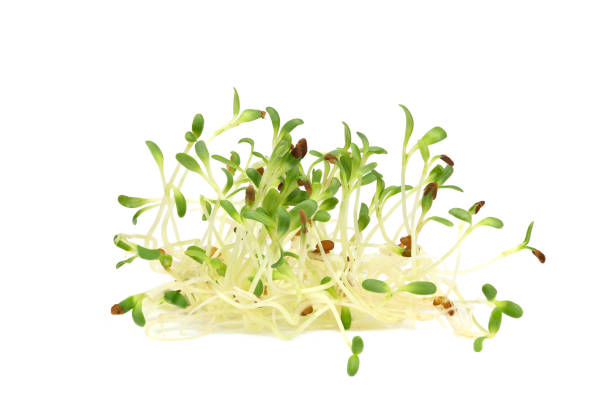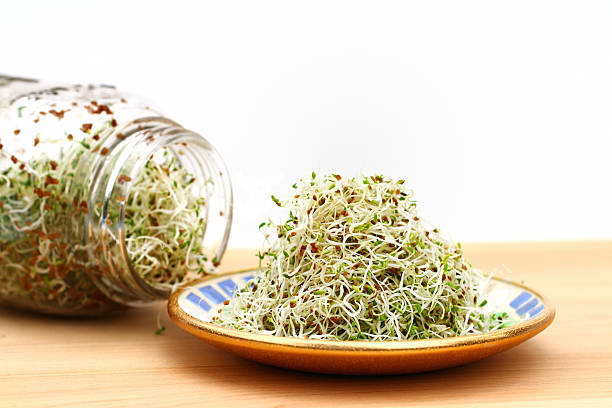Alfalfa, also known as Medicago sativa, is a type of forage crop that is commonly used as animal feed. However, it is also known for its numerous health benefits, making it a popular ingredient in dietary supplements and health products. In this article, we will discuss the nutritional value of alfalfa and whether it is healthy for you.
Alfalfa is a rich source of nutrients, including vitamins, minerals, and antioxidants. One of the key nutrients found in alfalfa is vitamin K, which is essential for blood clotting and bone health. It also contains vitamins A, C, and E, which are all important for maintaining a healthy immune system. Additionally, alfalfa is a good source of minerals like calcium, potassium, and iron.
Alfalfa is also known for its high antioxidant content, which can help protect the body against damage from free radicals. These antioxidants, including flavonoids and phytosterols, have been shown to have anti-inflammatory, anti-cancer, and anti-aging effects.
In addition to its nutrient content, alfalfa is also a good source of fiber, which is important for maintaining a healthy digestive system. Fiber can help promote regular bowel movements and prevent constipation. It also helps to lower cholesterol levels, which can reduce the risk of heart disease.
Alfalfa is also believed to have anti-inflammatory properties, which can help alleviate symptoms associated with conditions like rheumatoid arthritis and osteoarthritis. It is also thought to have potential benefits for individuals with diabetes, as it may help to regulate blood sugar levels.
While alfalfa is generally considered to be safe for most people, it is important to note that it can interact with certain medications, including blood thinners and diuretics. Additionally, individuals who are allergic to pollen or other plants in the pea family may be more likely to have an allergic reaction to alfalfa.
In conclusion, alfalfa is a nutrient-dense plant that is known for its health benefits. It is a rich source of vitamins, minerals, antioxidants, and fiber, making it a great addition to any healthy diet. However, it is important to note that it can interact with certain medications and may cause an allergic reaction in some individuals. If you are considering adding alfalfa to your diet, it is always best to consult with a healthcare professional first.

 Home
Home Health
Health Diet & Nutrition
Diet & Nutrition Living Well
Living Well More
More












